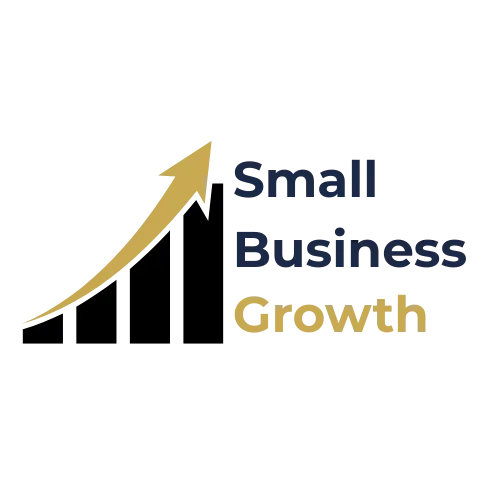Cashflow Forecast
As a small business owner, you know that cash flow is king. Without enough cash on hand, you can't pay your bills, make payroll, or invest in your business. That's why it's so important to create a cash flow forecast.
A cash flow forecast is a prediction of how much money will flow into and out of your business over a set period of time. It can help you identify potential cash flow problems early on, so you can take corrective action before it's too late.
Here are some of the benefits of creating a cash flow forecast:
- Identify potential cash flow problems. A cash flow forecast can help you identify potential cash flow problems, such as periods of low cash flow or spikes in expenses. This gives you time to take corrective action, such as raising prices, cutting costs, or seeking funding.
- Plan for growth. A cash flow forecast can help you plan for growth. By projecting your future cash flow, you can see how much money you'll need to invest in your business to support growth.
- Make better financial decisions. A cash flow forecast can help you make better financial decisions. By understanding your cash flow, you can make more informed decisions about things like hiring new employees, expanding your business, or investing in new equipment.
How to Create a Cash Flow Forecast
Creating a cash flow forecast is relatively simple. Here are the steps involved:
- Gather your financial data. You'll need to gather your financial data from the past year, including your income statements, balance sheets, and cash flow statements.
- Categorize your expenses. Once you have your financial data, you'll need to categorize your expenses. This will help you identify your biggest expenses and see where you can cut costs.
- Project your future cash flow. Once you've categorized your expenses, you can start to project your future cash flow. This involves estimating your future income and expenses.
- Review your forecast regularly. Once you've created your cash flow forecast, you'll need to review it regularly. This will help you stay on track and make adjustments as needed.
The Importance of Understanding Expenses
When creating a cash flow forecast, it's important to understand your expenses. This includes both fixed expenses, which are expenses that don't change, and variable expenses, which are expenses that change with your business activity.
Fixed expenses can include things like rent, utilities, and insurance.
Variable expenses can include things like marketing, sales, and inventory costs.
It's important to track your expenses so you can see where your money is going. This will help you identify areas where you can cut costs.
The Importance of Planning for Taxes
When creating a cash flow forecast, it's also important to plan for taxes. Taxes can be a significant expense, so it's important to factor them into your forecast.
The amount of taxes you owe will depend on your business structure, your income, and your expenses. If you're not sure how much taxes you'll owe, you can consult with a tax advisor.
